California court Judge Paul S. Grewal on Wednesday handed down a ruling denying Samsung's request for documents from the Apple v. Samsung patent trial, which the company planned to use as proof-gathering in a separate patent case currently underway in Japan.
Judge Grewal's decision comes one day after Bloomberg reported that the Korean company asked to use documents from the landmark patent suit, currently in post-trial proceedings, toward discovery in similar patent litigation being heard in Japan. Apple opposed the motion, saying that Samsung is attempting to sidestep normal Japanese court procedures.
From the ruling:
In an effort to prevent entanglement in the foreign dispute between the parties and out of respect for the Japanese tribunal before which a parallel request is currently pending, the court DENIES Samsung's request for the discovery WITHOUT PREJUDICE to a renewed request after the Tokyo district court has had an opportunity to decide the exact same request before it.
In its request, Samsung sought evidence regarding iPhone sales before June 2007 as well as physical examples of Apple's handset, including the iPhone Steve Jobs used to introduce the smartphone' at MacWorld 2007 and the iPhone used in a video posted to Apple’s website.
While the U.S. court has the authority to issue the subpoena, it is not mandated to do so. Judge Grewal cited a Supreme Court ruling that identified the following four key factors a court should consider in granting such a request: "(1) whether the material sought is within the foreign tribunal’s jurisdictional reach and thus accessible absent Section 1782 aid; (2) the nature of the foreign tribunal, the character of the proceedings underway abroad, and the receptivity of the foreign government or the court or agency abroad to U.S. federal-court jurisdictional assistance; (3) whether the Section 1782 request conceals an attempt to circumvent foreign proof-gathering restrictions or other policies of a foreign country or the United States; and (4) whether the subpoena contains unduly intrusive or burdensome requests."
Judge Grewal pointed out Samsung's request did not meet the first three discretionary factors that would support a furnishing of the documents. The lone factor supporting a subpoena, being an adequately limited discovery request, is rendered moot as the same request for discovery is pending in Japan.
Samsung may refile its request once the Japanese court reaches a decision.
 Mikey Campbell
Mikey Campbell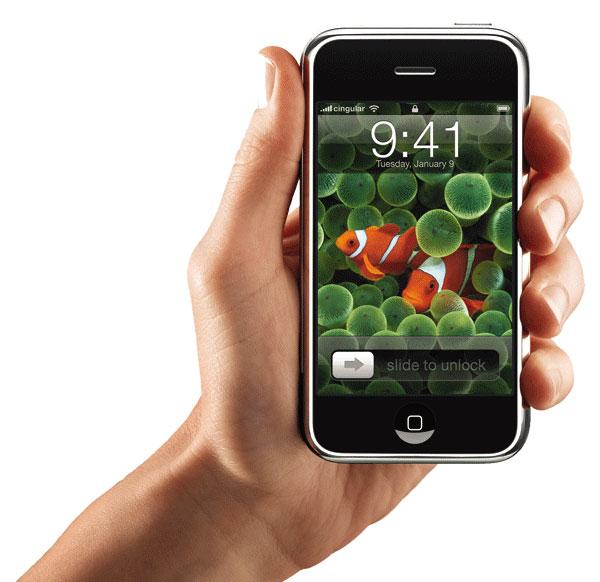
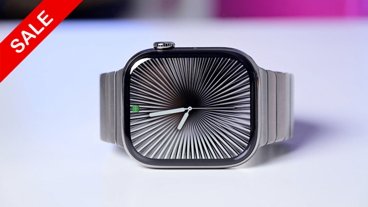
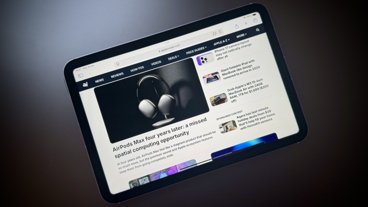

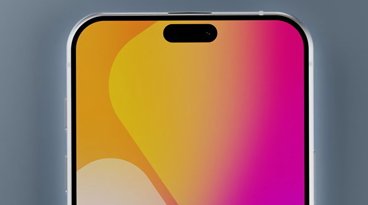

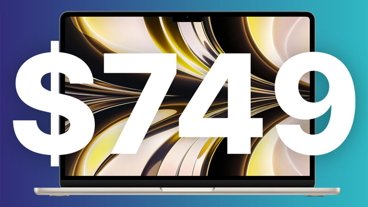

-m.jpg)





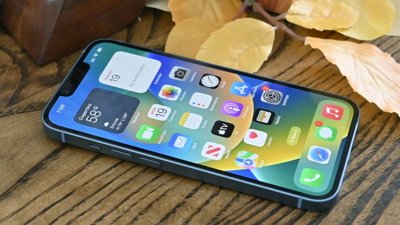
 William Gallagher
William Gallagher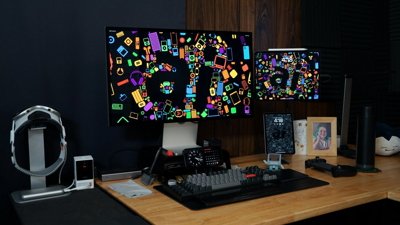
 Wesley Hilliard
Wesley Hilliard
 Christine McKee
Christine McKee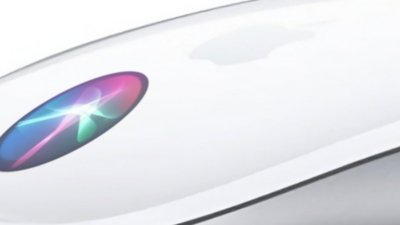
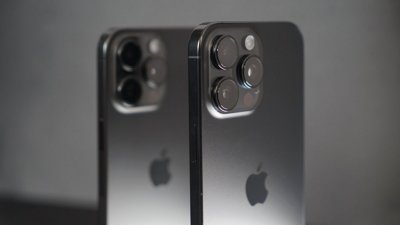
 Andrew Orr
Andrew Orr
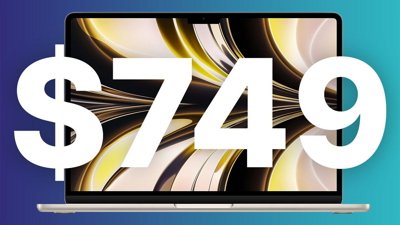

 Andrew O'Hara
Andrew O'Hara





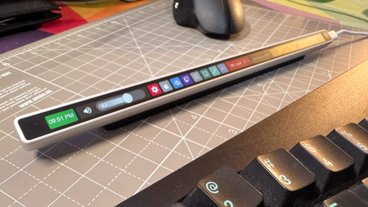

8 Comments
Makes sense.
The California court is letting the Japanese court have first shot at allowing the documents.
Since the request was denied without prejudice, if Japan says no, Samsung is allowed to make the California request again.
[quote name="KDarling" url="/t/155605/u-s-court-denies-samsung-request-for-documents-to-be-used-against-apple-in-japan-suit#post_2263733"]Makes sense. The California court is letting the Japanese court have first shot at allowing the documents. Since the request was denied without prejudice, if Japan says no, Samsung is allowed to make the California request again. [/quote] If Japan says no, it's unlikely that the US court would allow it. That would be bypassing Japanese court rules every bit as much as allowing it now.
Ah, I see that another few paragraphs with more info were added after I posted my first response. It sounds like Judge Grewal wouldn't allow it anyway.
Judge Grewal is the same magistrate who denied a lot of Samsung evidence in the last California trial, because of discovery timing technicalities. The Samsung lawyer begged to let it in, saying to Judge Koh that it wasn't a fair trial without that evidence.
It does make one wonder how differently the jury might've decided on visual copying issues, if they'd seen the Samsung device and UI concept drawings that predated the iPhone debut, plus some of the prior art for case designs.
Seems fair to me that only the court in which a case is heard can grant evidence etc. if they say no, it's not the right of someone else to overstep those boundaries. Simple respect and all that.
Whoa, seems highly technical.
It does raise questions that we (humans) have invented a system so complicated that it ends up mattering less if you stole/copied/killed than if your lawyers followed the rules properly...